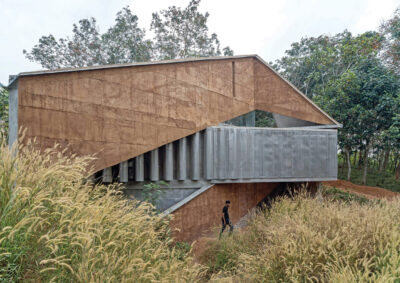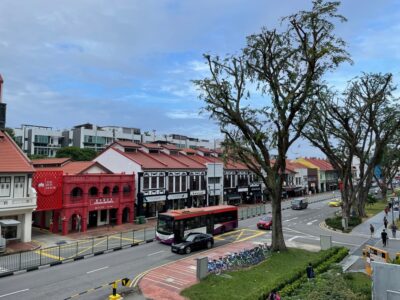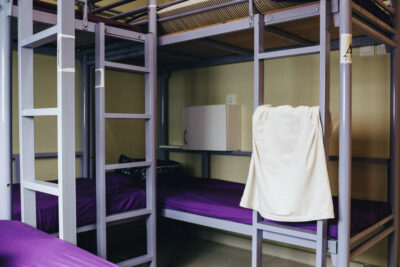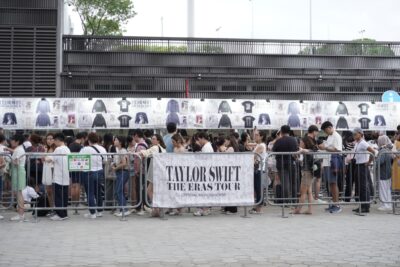The top tech tools making paradise more appealing to investors
From bots to beacons, proptech is reinventing and revolutionising the playbook when it comes to marketing resorts and holiday homes

No longer the preserve of city-slicking condominiums and offices, the wonders of “proptech” know no bounds. The marriage of property and technology has enabled developers and owners of resort residences and holiday homes to spread their marketing efforts beyond national borders.
Technology has been an equaliser in the resort residence and second home sector, providing a level playing field where smaller, boutique developers can compete with larger enterprises. When it comes to pushing product to a global clientele, leveraging emerging proptech tools such as artificial intelligence, augmented and virtual reality, and drones, can make all the difference, persuading investors and potential buyers or holiday goers to pick a resort over its competition.
Drone technology: the view from above
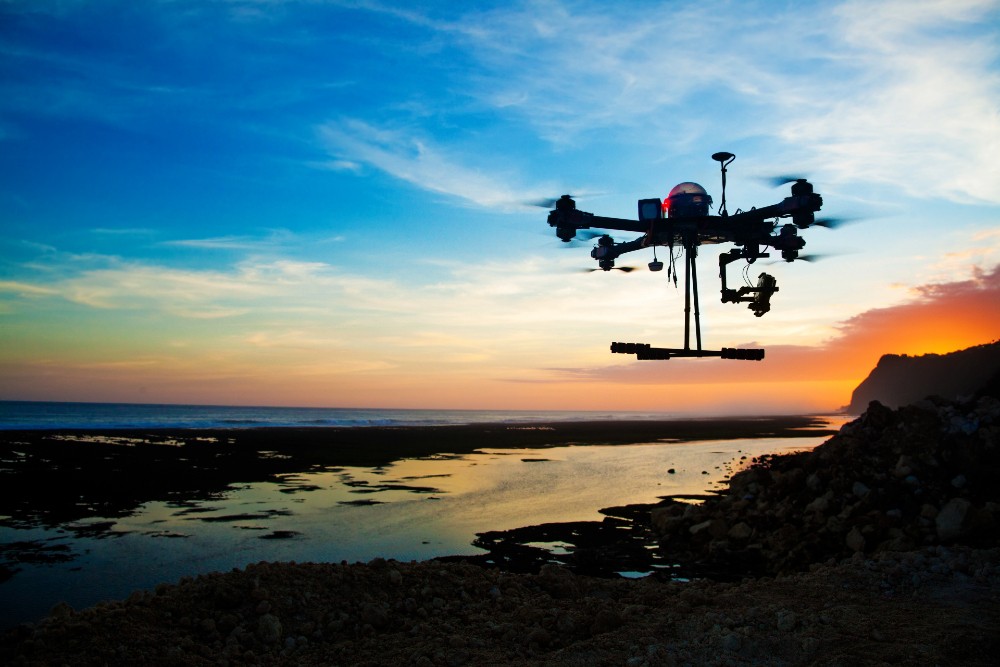
Soft, powdery white sand, striking turquoise waters, inviting infinity pools—there’s no doubting the ability of great imagery to sell resort homes. And these days, the tools available have expanded significantly, making for more captivating content.
Drone technology, in particular, is enabling photographers to capture resort residences from bird’s-eye views and other perspectives without having to leave terra firma. “Drones make it very easy to create dramatic shots with integrated features like automatic point-of-interest camera targeting, which produces professional photos that are more attractive to buyers,” says Filipino commercial photographer Raphy Arcaina.
Drones have obviated human capital out of the traditional, more dangerous ways of aerial photography. “With helicopters, you need to hire a pilot and use expensive photography equipment to get good shots. This is why for the longest time only high-end properties marketed using aerial images,” says Arcaina.
Technology has been an equaliser in the resort residence and second home sector, providing a level playing field where smaller, boutique developers can compete with larger enterprises
However, drone photography isn’t without its set of challenges. Location and weather conditions, for one, factor enormously into the level of difficulty for drone shoots. Most commercial drones can be flown in windspeeds between 10mph to 30mph; anything windier is cause for caution, says Arcaina.
If it’s not the wind, launching drones in resorts located amidst lush environs have to contend with birds of prey. “Hunting birds like eagles and hawks can be very territorial and will treat any flying object as prey, which do not necessarily bode well for drones,” he points out.
A sense of place: how VR is putting investors at the heart of the picture
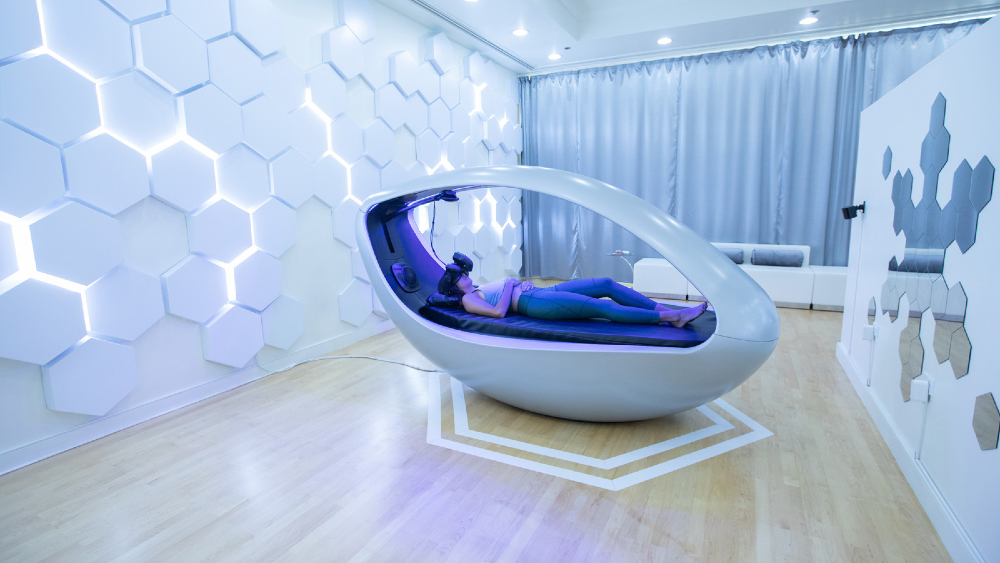
Still images can only hype up resort residences so far. The service commonly sought after by property developers now is a combination of aerial photography and 360-degree virtual reality tour shoots, says Arcaina.
Customers warm to properties that provide virtual reality (VR) tours of their resorts. With VR goggles like Oculus and DIY headsets like Google Cardboard now available, property seekers from as far as Europe can walk through virtual tours of vacation homes in Asia. Given a full 360-degree perspective, they can explore the features of a far-flung property quite easily.
Developers are seeing the value of such solutions. Philippines property developer Torre Lorenzo Development Corporation (TLDC) utilises virtual tours online to market its Dusit-branded properties in the country. These include the award-winning Dusit Thani Residence Davao—the first Dusit-branded resort residence in Southeast Asia—and the much-awaited Dusit Thani at Lubi Plantation Resort in Davao Gulf.

Virtual reality brings a sense of immediacy to marketers of resort residences, says Cyndy Tan Jarabata, president of Manila-based consultancy TAJARA Leisure and Hospitality Group. “Resorts get virtual reality primarily because they need to connect with buyers who can’t be physically in and see the properties,” she says, adding VR is a good way for marketers to control the narrative, “getting people to see what they want to present. It actually gets people to buy immediately, especially when you’re pre-selling offsite properties in far-off destinations like Panglao, Palawan or Boracay.”
YouTube today is littered with 360-degree clips of resort properties that transform into virtual tours when viewed with VR headsets. Best Western Hotels and Resorts set the trend for such escapist videos when it partnered with Google Street View in 2016 to launch “Virtual Reality Experience.” Having captured millions of photos of almost 2,000 properties, Best Western was able to stitch the images with sounds and narration to create remote viewings of rooms, lobbies, and amenities online.
VR has gone above and beyond to make hotel-branded properties more marketable. Last November, Four Seasons introduced The Vessel, a futuristic-looking machine with a VR headset that simulates trips to distant locales—even outer space—complete with real-time monitoring of physiological data.
In 2017, travel tech firm Amadeus made it possible for travellers to book rooms through VR headsets—a boon to resort homeowners intent on leasing out their vacant properties.
Augmented reality (AR) has likewise magnified the resort experience over the last couple of years. Through AR, developers and hoteliers have been able to superimpose computer-generated images in the customer’s vision, incorporating “sightings” of celebrities in the premises or even animated characters from famous films.
Top of the bots: how AI is streamlining the process
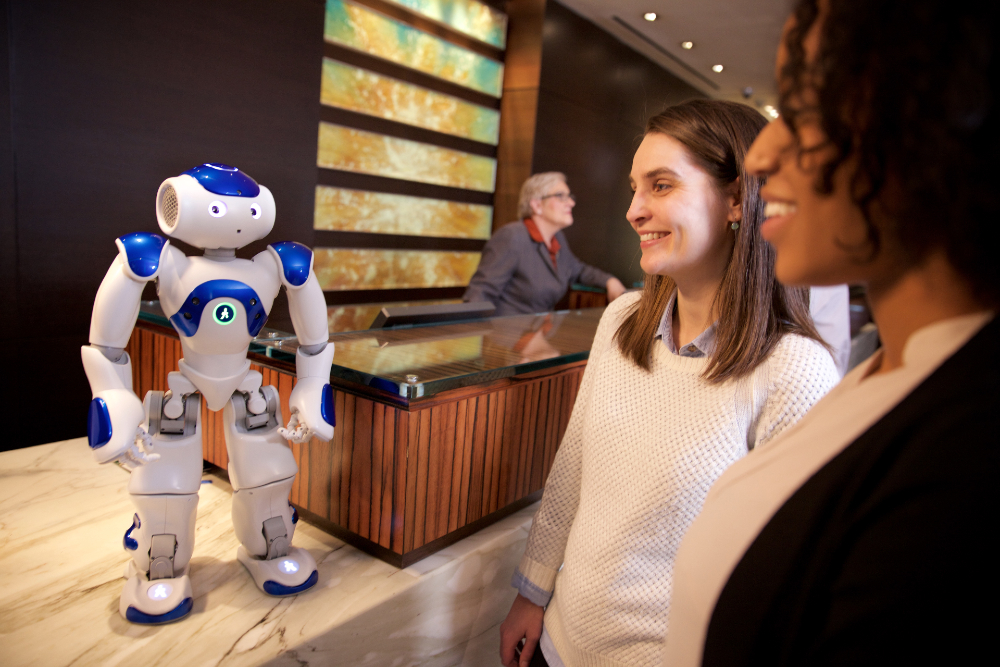
From chatbots and machine learning to early-stage robotics, artificial intelligence (AI) platforms are bridging distance and time between resort residences and property seekers.
Allora, an AI-powered booking engine, uses machine learning models to analyse large volumes of data and patterns. This creates a booking platform configuration tailored for every hotel and resort property—one that can engineer better experiences for home seekers, personalise guest interactions, and increase conversions.
By the same token, resort residences are increasingly relying on intuitive chatbots to handle interactions with guests and relieve staff. A legion of hotels and hotel-branded properties worldwide now employ Ivy, a smart concierge which waits on guests via text messages from pre-stay to checkout. It collects feedback like no other—guests are known to engage 10 times more with Ivy than other hotel communication channels—yielding rich analytics that inform future ways to build guest loyalty. Hilton Hotels & Resorts have Connie, which responds to orders and specialises in recommending local tourist attractions and dining spots, while Radisson Blu’s chain of Edwardian Hotels is served by the chatbot Edward.
Ivy, Connie, and Edward are powered by IBM Watson, a cognitive computing technology platform capable of answering questions posed in natural language. It endows affiliated products with a form of machine intelligence honed over time by learning, experience, and senses—just like humans.
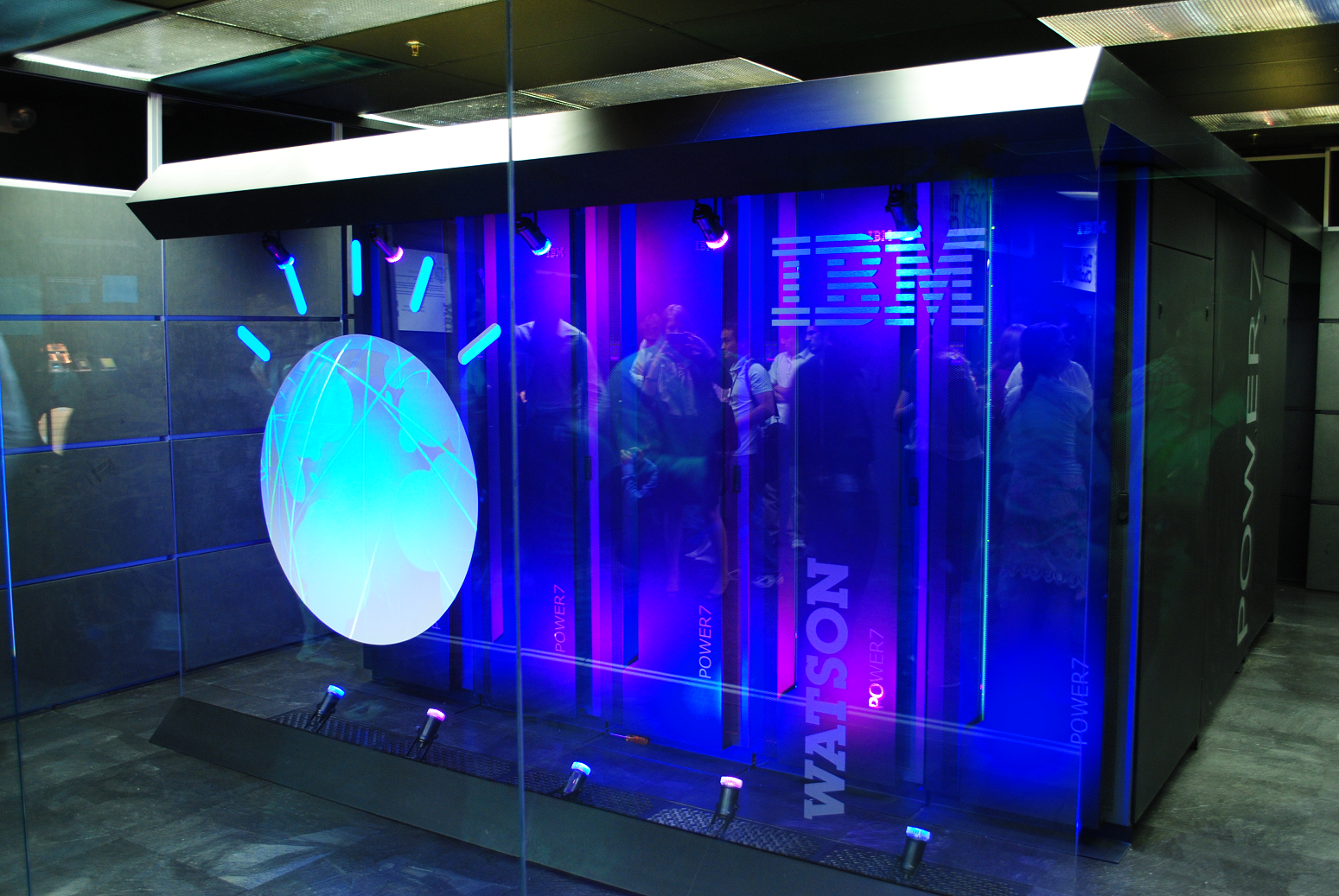
“We want to make sure that we are having our technology be conversational. So, for those who are looking for a home or who are already in a home, we want that conversation to feel really natural. Where should I live? What should I be looking for? Talking about a mortgage, those are all the things that we’re really trying to ensure that our technology addresses,” says Kim Rellinger, head of agency and performance at Google Thailand.
Chinese tech giant Baidu found a high-profile client in InterContinental Hotels & Resorts. DuerOS, its voice and natural-language platform, allows InterContinental-branded properties to offer AI Smart Rooms with voice control technology—part of the hotel group’s marketing efforts to a younger demographic. “Millennials are particularly sensitive to technology, often seeking new things to try,” states Lin Wang, vice president of marketing for InterContinental Hotels Group (IHG) Greater China.
Smaller talk: how beacons are making marketing even more micro
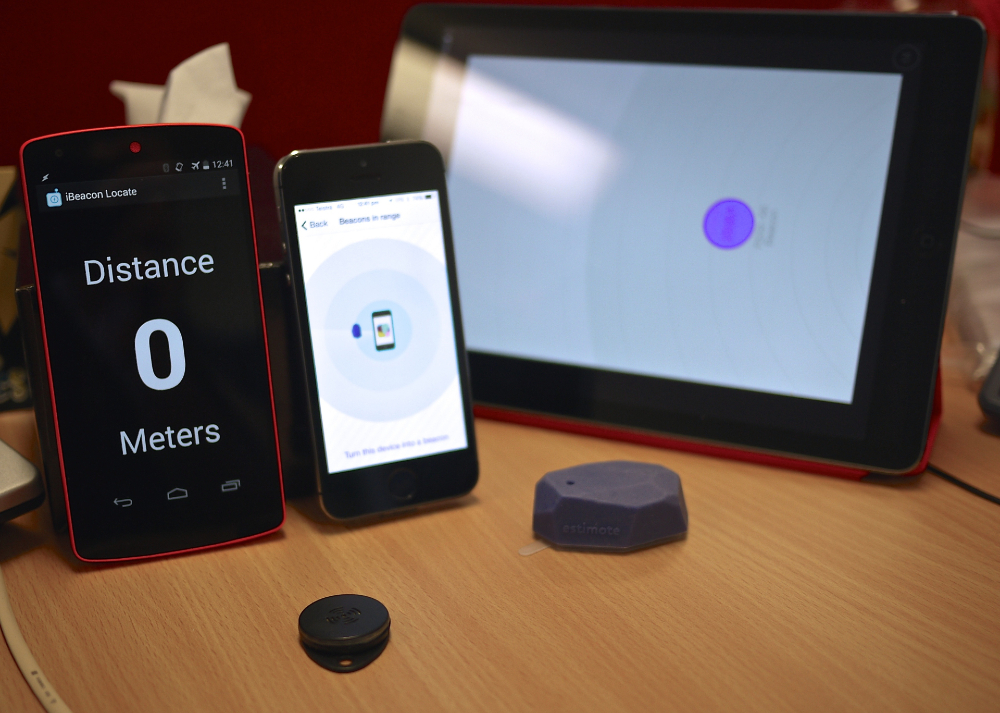
Little devices known as beacons are gaining currency as marketing tools, notes a joint report last year by the Singapore Hotel Association and the Singapore Tourism Board.
Using low-energy Bluetooth, beacons transmit wireless signals to smart devices within its vicinity. These signals may take the form of information, such as discounts and other contextually relevant promotions that marketers can push to people’s mobile devices. The transmitted data can become even more intricate, as pioneered by Starwood Hotels, which uses beacon technology to give guests keyless entry by way of their phones.
Resort residence developers and property owners have been benefitting from location-based marketing platforms. By gathering information from guests’ social networks, a geosocial marketing platform can easily pinpoint influencers, engage guests, and elevate their experience—even before they tag or mention the property in their profiles.
Similarly, marketing teams of resort residences are gravitating towards cloud-based online reputation management systems that automatically check guest sentiments, queries, and reviews in real time across various platforms and channels. This gives marketers ample lead time in managing bad reviews of their property or at least lets them suss out reviews of the competition.
Novel marketing tools like these are expected to crop up in the coming years even as tech companies churn out more humanlike proptech solutions. “We work with our partners in the real estate area to develop those technologies together where a home seeker is really going to feel quite comfortable with the purchase that big,” says Rellinger.
This article originally appeared in Issue No. 158 of PropertyGuru Property Report Magazine
Recommended
Meet the vagabond architect behind India’s housing scene
Vinu Daniel is helping to shake up India’s home building setting
Where Asian real estate stands in a fragmented, warmer world
Asia’s real estate industry faces many and varied challenges as external factors continue to bite
6 sights to see in Singapore’s Marine Parade
Handily located Marine Parade has emerged as a vibrant investment choice in the Lion City
There’s a township dedicated to health and wellness in Malaysia
Property seekers have their health needs catered for at KL Wellness City

